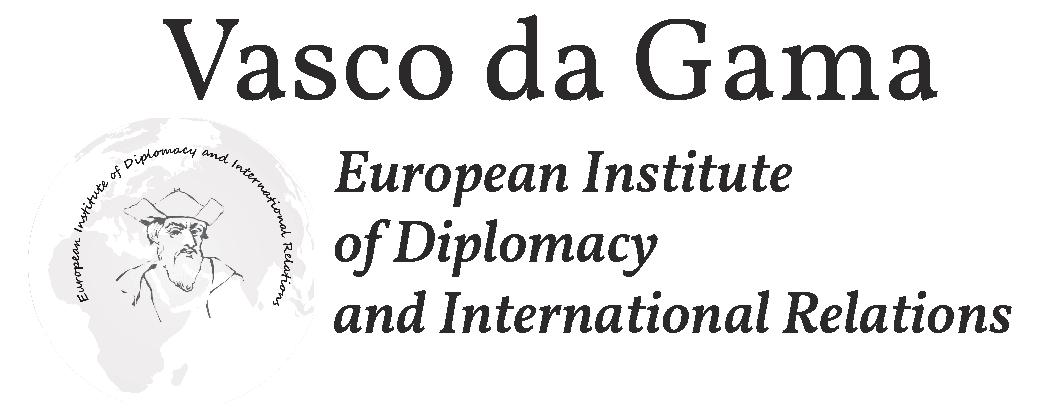Author:
Francesco Campagnola ;
Man Li (Vice President of Vasco Da Gama EIDIR)
Abstract:
The nineteenth and the twentieth centuries in East Asia are known as a time of rapid change. Whereas change was a daily and concrete experience in a globalising environment, it was also the object of psychological fear and ideological desire. During that period, Asian countries and their intellectual and political elites confronted the technical and military superiority of the western powers, as well as local inner tensions and crises, by elaborating patterns of selective imitation, reconsidering their traditional knowledge, and recreating their own cultural background. In order to conceptualise these strategies, Asian intellectuals and political activists faced the theoretical problem of naming the change in which they were living or to which they aspired. In those years, a new vocabulary emerged, constituting a multifaceted discourse on change. Drawing on western cultural traditions, the new vocabulary consisted of words such as enlightenment, renaissance, evolution, revolution and renewal. However, indigenous terms such as i, bian, ge, and xin were also part of it. Nevertheless, quite independently of the cultural context from which they emerged, these terms were resignified within the dynamic context of modernising Asia.
On the one hand, traditional terminology and concepts from Buddhism, Confucianism, and Taoism found a new configuration that enriched their meanings. Such a process dislocated well-established cultural roots and made them compatible with exogenous systems of knowledge including modern physics and biology, Darwinism, Marxism, Liberalism, and Christian theology. On the other hand, East Asian scholars applied terms such as renaissance and enlightenment to their historical predicament and, in doing so, they appropriated them. In that very moment of appropriation, these terms started to exceed their primary historical referent. They belonged no more to the west alone and became all-encompassing metaphors, universals and tropoi that gave meaning to the experience of change.
The following collection of essays examines this emerging and transcultural discourse on change centred in Asia, though not confined to it. The collection aims to show how different reflections originated in different contexts across Japan and China, formed networks of ideas, and actively related to discussions that were going on in Europe and America. Together, the essays tell a story that is not reducible to the mere paradigm of cultural reception. They consider East Asia not only as a latecomer to the game of modernity, whilst narrating the vicissitudes of a world facing the acceleration of historical development and growing complexity from the specific perspective of China and Japan. Ultimately, this perspective helps us understand the background against which a rhetoric of renewed centrality is growing in Asia today and how it is entwined with a conceptualisation of change that eschews monogenesis and all sorts of linear paternities.
(Due to copyright reason, to read the entire article, please visit: http://www.tandfonline.com/action/showAxaArticles?journalCode=rgih20)
